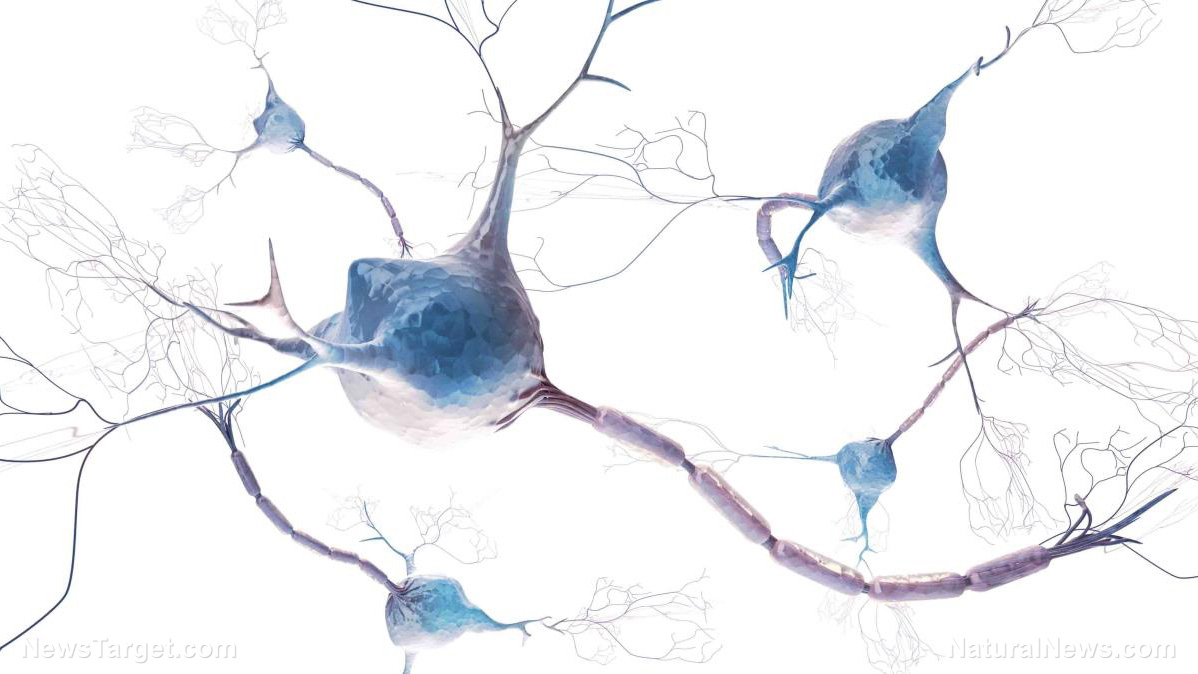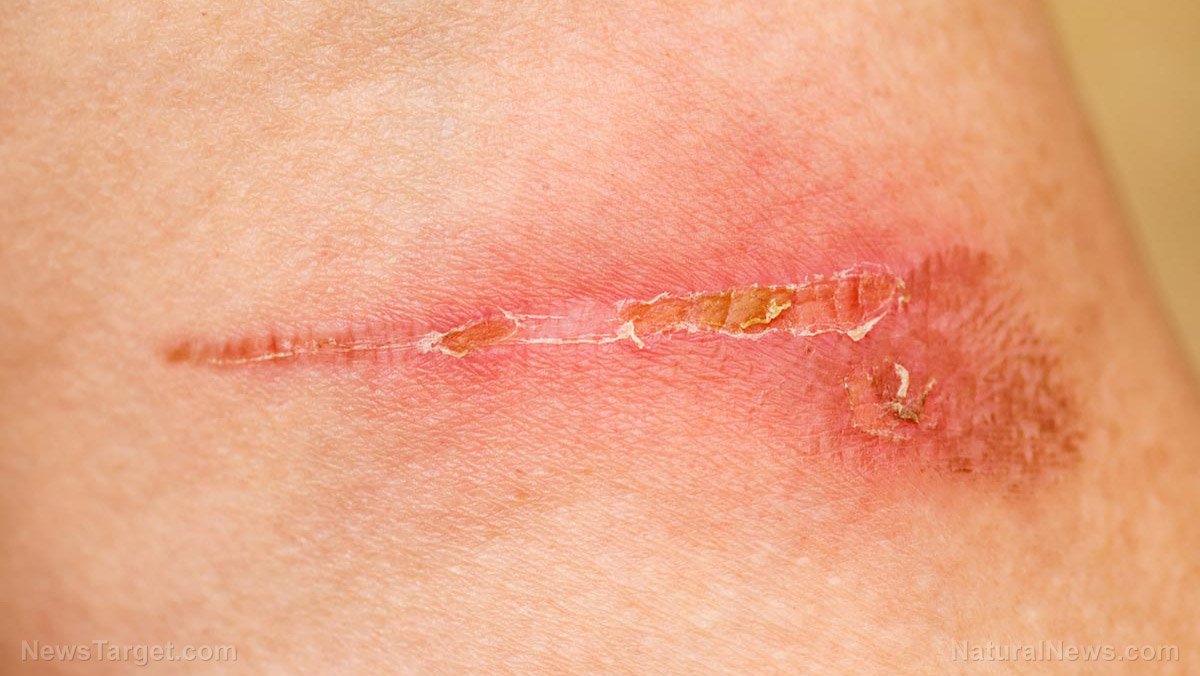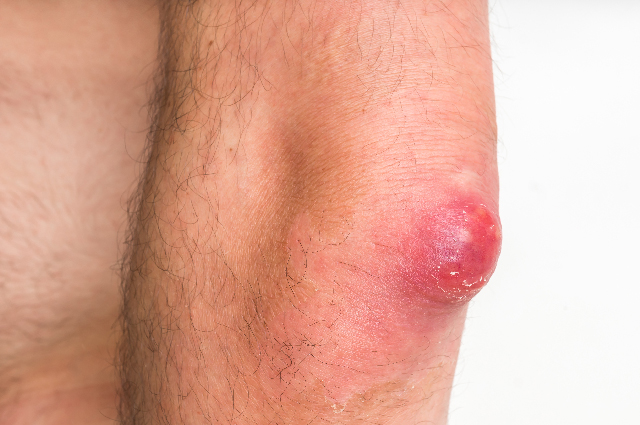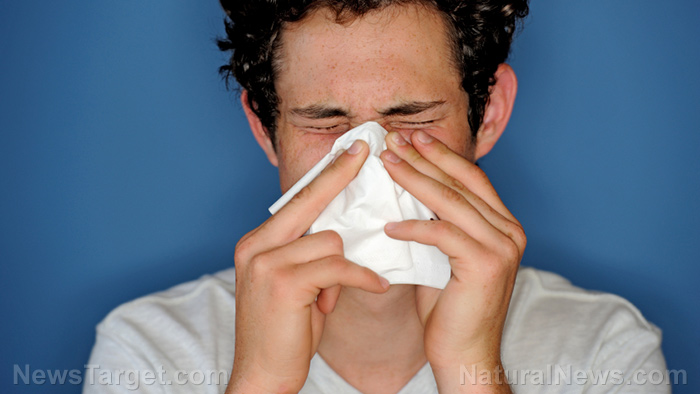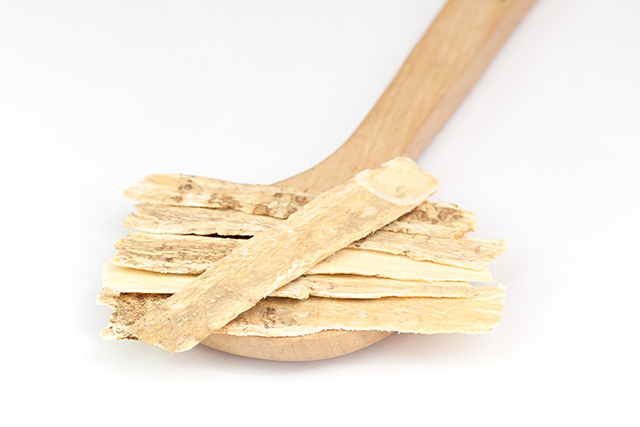Riding your bike can cut your cancer and heart disease risk by almost half, says new study
05/03/2017 / By Amy Goodrich
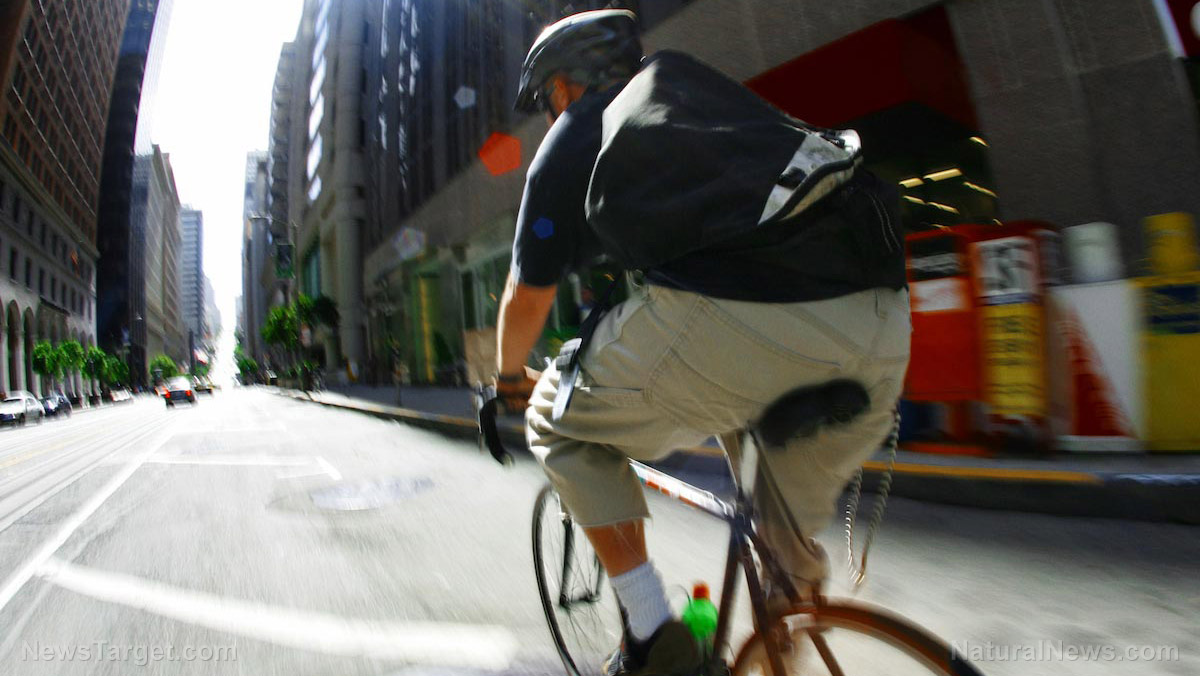
Once you grin and bear it, riding your bicycle to work isn’t as bad or annoying as it sounds. It is usually much faster than taking public transport or driving your car to work. Furthermore, it is one of the easiest ways to keep fit while saving gas money and reducing your carbon footprint. Those who have been doing it for a while often report feeling healthier and happier than before.
Despite the many wonderful reasons to ride your bicycle to work, you may have been holding back to start because it rained or you had to pick up some groceries in town. Whether it is one of these excuses or something entirely different, there is always going to be something holding you back, unless you just start. Maybe, this new study, published in the British Medical Journal (BMJ), may convince you to hop on two wheels more often.
Slash your chance of dying by half
During a major five-year study by the University of Glasgow, Scotland, researchers tracked the health of more than 250,000 people. The scientists compared the health of people who actively commuted to work with people who mostly used public transport or their car.
During the five years, a total of 2,430 of study participants died, 3,748 were diagnosed with cancer, and 1,110 developed heart problems. After the researchers had adjusted variables such as sex, age, existing illness, smoking, and diet, the authors reported significant improvements in health and longevity among the cyclists.
Riding your bike to work was found to slash the risk of premature death from any cause by 41 percent, the incidence of cancer by 45 percent, and heart disease by 46 percent. On average, the cyclists commuted 30 miles per week. The further they cycled, the greater the health benefits.
Though cyclists were generally more fit compared to people who walked to work, walking was also found to lower the odds of developing heart disease by 27 percent. This heart-protective benefit, however, was mostly for those who walked more than six miles per week. Unlike cycling, walking did not show any protection against cancer or other chronic health problems. The authors also reported some benefits for people who combined public transport and cycling in their commute.
“This study helps to highlight the potential benefits of building activity into your everyday life. You don’t need to join a gym or run a marathon. Anything that gets you a bit hot and out of breath — whether it’s cycling all or part way to work or doing some housework — can help make a difference,” said Clare Hyde from Cancer Research U.K.
There are some limitations
Overall, this study was a well-designed observational study based on an extensive collection of real-world data. Nonetheless, it was not possible to determine a clear cause and effect. Though the beneficial effect for active commuters was still there after the scientists took variables such as smoking, diet, or weight into account, other factors then cycling could still be at play. As reported by the authors, cyclists are usually leaner people and have lower levels of inflammation which could have contributed to the beneficial effects.
Though further research is needed to confirm the results, taking your bicycle to work is without a doubt a great and easy way to improve your overall health. The researchers also stressed the importance of policy makers to improve infrastructure to make it easier for people to take their bikes to work.
Dr. Jason Gill, from Glasgow University’s Institute of Cardiovascular and Medical Sciences, noted that cycle lanes, city bike rentals, or subsidized cycle purchase schemes may all present major opportunities for public health improvements.
“What we need now is a step change in the way we develop transport systems like we have seen in the Netherlands and Scandinavia, where cycling is normal, and cities are built around it,” he added
No more excuses. Why not start right now? Lots of people ride their bicycle to work. So, if you don’t live too far from work, are you ready to take out your bike too?
Sources include:
Tagged Under: active, active lifestyle, bicycle, bike to work, cancer, commute, commuting, cycling, healthy lifestyle, heart diseases, heart health, longevity



